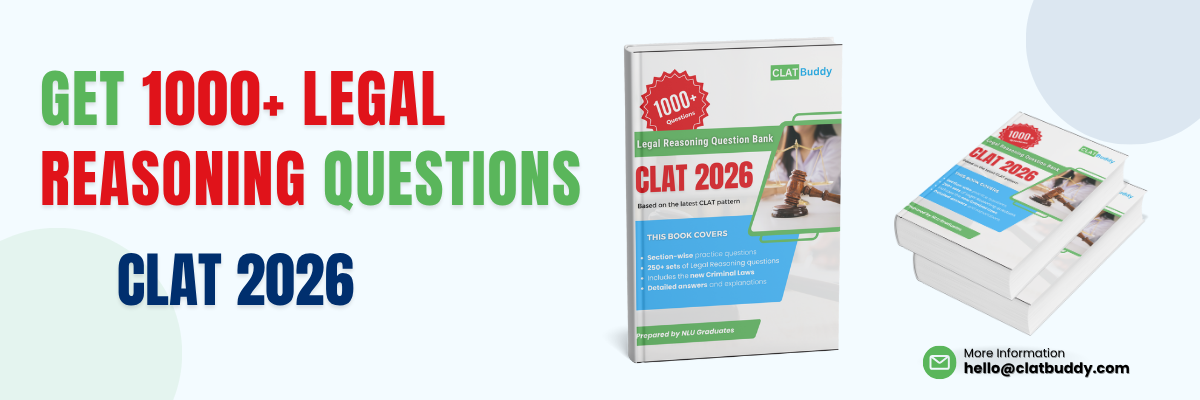Communication of Offer and Acceptance and Revocation of Offer

In business and contracts, communicating an offer and its acceptance is crucial. Understanding this communication’s timeline and an offer’s revocation is essential. Let’s explore these aspects further.
Communication of Offer and Acceptance
Once the offeror has communicated an offer to the offeree, it becomes binding and establishes a legal relationship between the parties. Effective communication and a clear understanding of the offer are important to avoid misunderstandings.
When parties communicate face-to-face, there is no issue with communication as it happens in real-time, ensuring instant offers and acceptance without confusion. However, communication often occurs in business scenarios through letters or emails, making the communication timeline significant.
Communication of Offer
As per Section 4 of the Indian Contract Act 1872, the communication of an offer is complete when the person to whom it is made becomes aware of the offer. In the case of a specific offer, when the offeree receives the offer, or in the case of a general offer, when any member of the public becomes aware of the offer, communication is considered complete.
For instance, if A verbally tells B that he will fix his roof for five thousand rupees, the communication is complete as soon as the words are spoken. In another example, if A writes a letter to B offering to fix his roof and posts it on July 2nd, and B receives the letter on July 4th, the communication is deemed complete on July 4th.
Communication of Acceptance
Acceptance can be conveyed in two ways: through communication by act (words, oral or written) or through conduct. When accepting an offer, one can communicate acceptance through various means such as telephone calls, letters, emails, or even actions that imply acceptance, like boarding a bus and agreeing to pay the fare.
Timing of Acceptance
The communication of acceptance has two aspects to consider:
Against the Offeror: For the proposer, the communication of acceptance is complete when they put the acceptance in the course of transmission. Once the acceptance is sent, the proposer cannot revoke it. For example, if A accepts B’s offer by sending a letter on July 10th, and B receives the letter on July 14th, the communication of acceptance is complete on July 10th for B.
Against the Acceptor: The communication is complete for the acceptor when the proposer (offeror) becomes aware of the acceptance. In the above example, A’s communication of acceptance is complete on July 14th, when B learns of the acceptance.
Revocation of Offer
Section 5 of the Indian Contract Act explains the rules for revoking an offer. It states that the offer can be revoked at any time before the communication of acceptance is complete against the proposer/offeror. Once the acceptance is communicated to the proposer, revocation is no longer possible.
Referring to the previous example, if A accepts B’s offer and sends the acceptance letter on July 10th, B can only revoke the offer before July 10th, as the acceptance has been communicated.
Revocation of Acceptance
Section 5 also mentions that acceptance can be revoked until the communication of acceptance is complete against the acceptor. After that point, revocation is not possible. The section also mentions the modes of revocation of the offer.
Continuing with the previous example, the communication of acceptance against A (the acceptor) is complete on July 14th. Between July 10th and 14th, A can still revoke their acceptance. However, once July 14th arrives, revocation is no longer an option.
Can an acceptor revoke their acceptance after mailing the acceptance letter?
Yes, the acceptor can revoke their acceptance until the communication of acceptance is complete against them. Communication is considered complete when the proposer receives the acceptance letter. Therefore, during the time between posting the letter and the proposer’s receipt, the acceptor can revoke their acceptance.
Calling all law aspirants!
Are you exhausted from constantly searching for study materials and question banks? Worry not!
With over 15,000 students already engaged, you definitely don't want to be left out.
Become a member of the most vibrant law aspirants community out there!
It’s FREE! Hurry!
Join our WhatsApp Groups (Click Here) and Telegram Channel (Click Here) today, and receive instant notifications.








